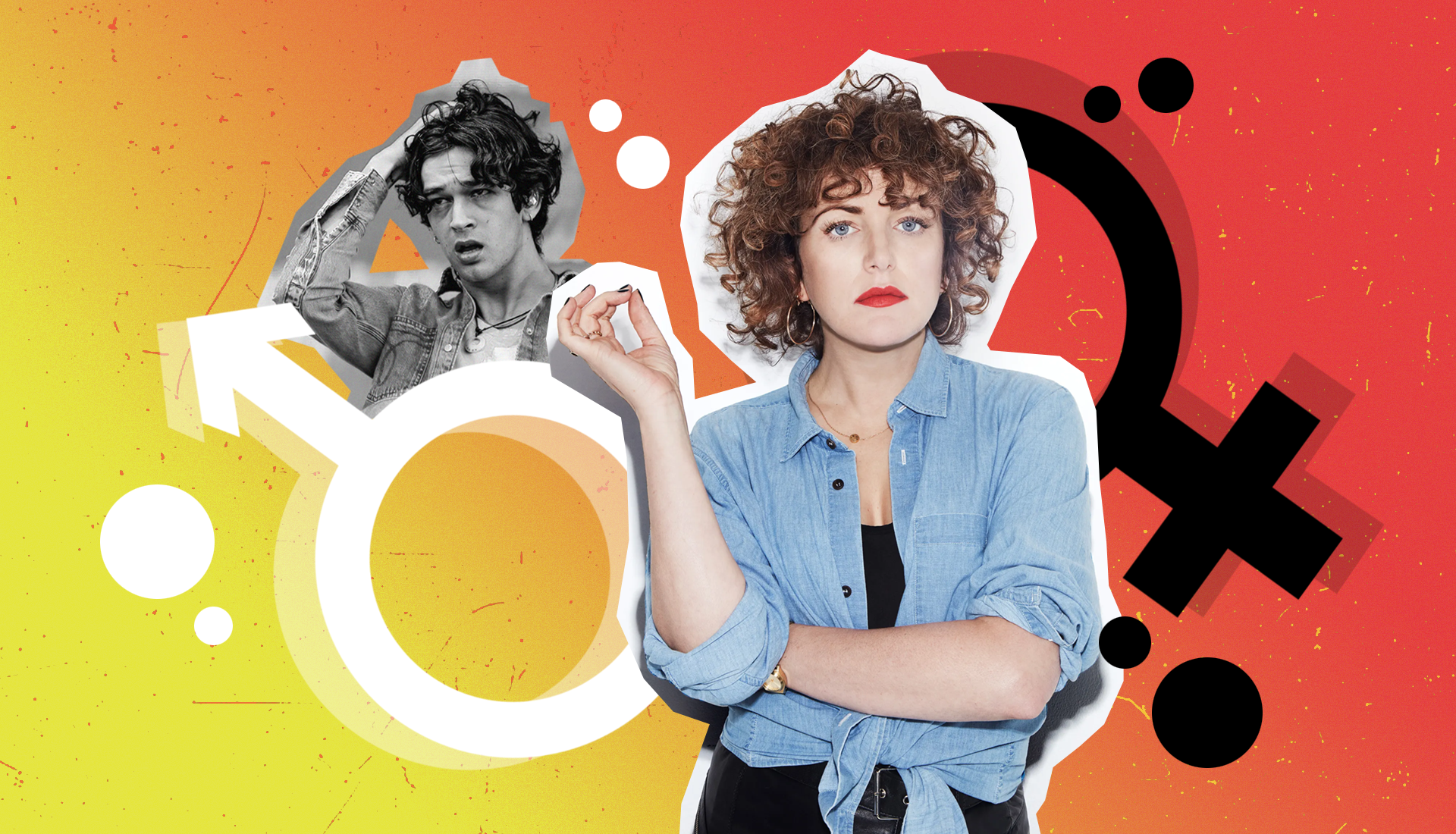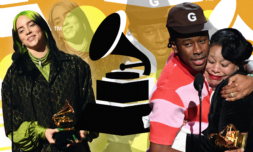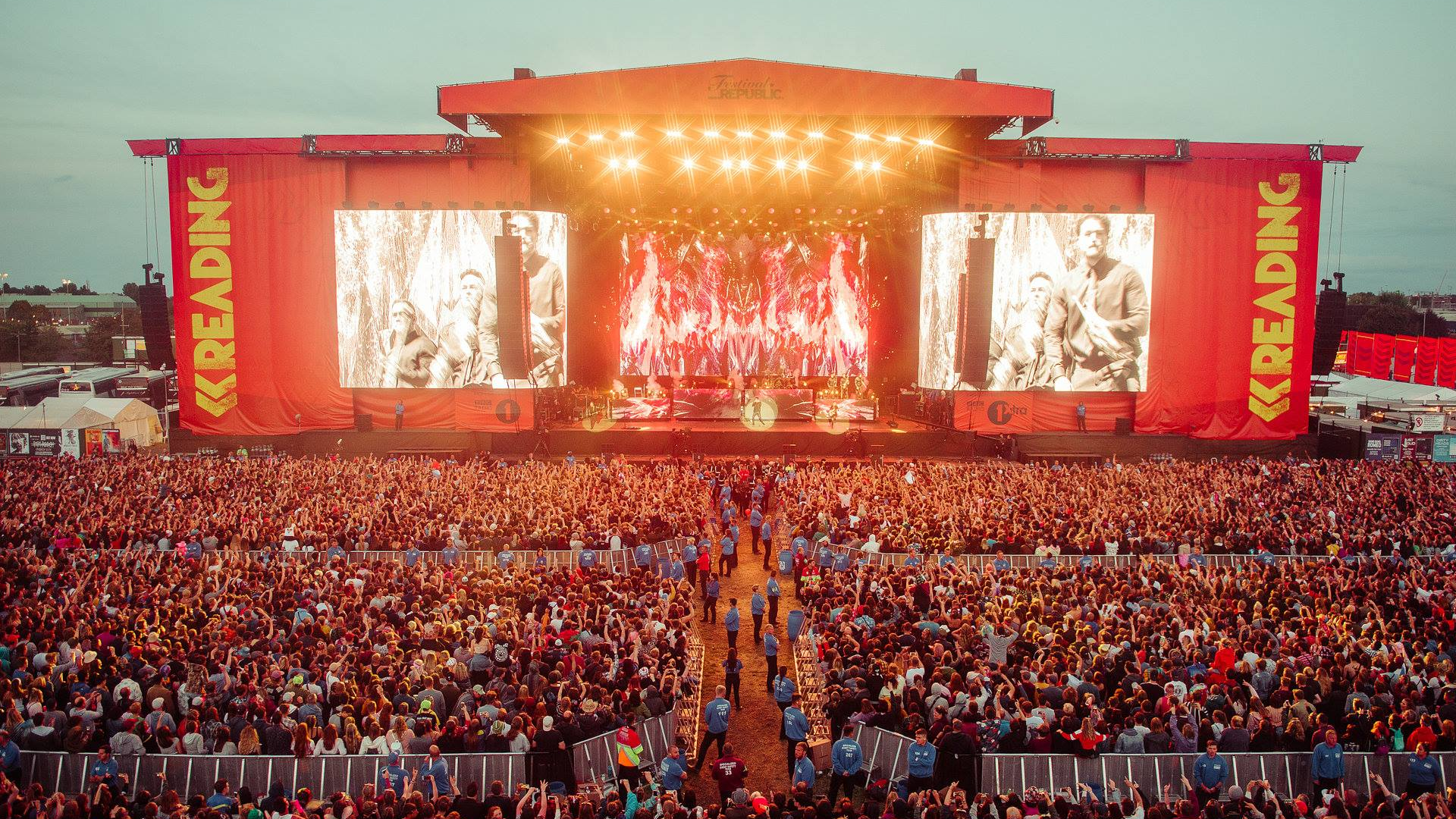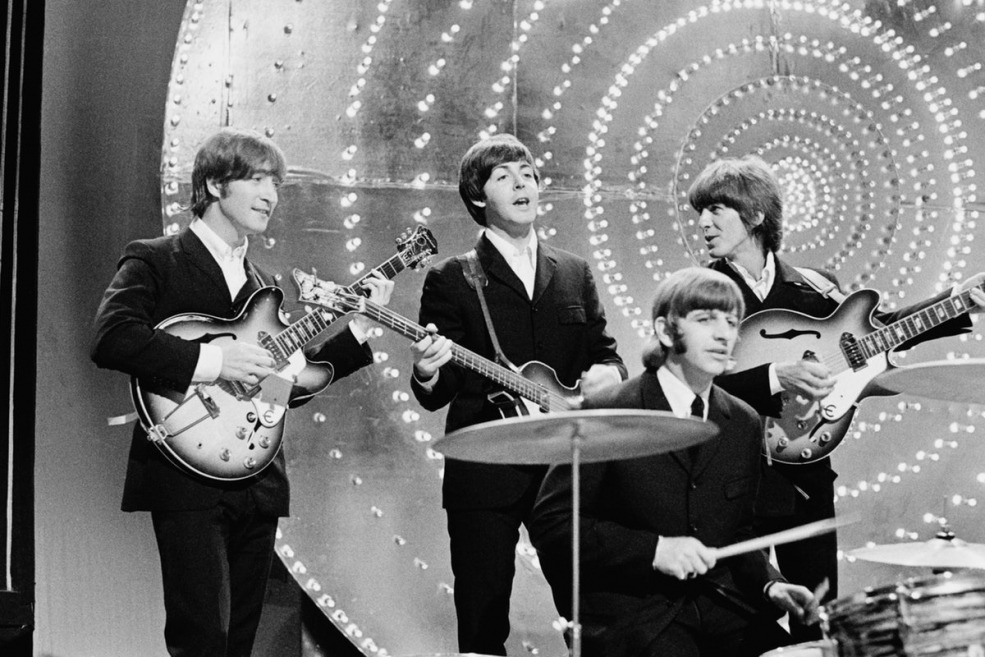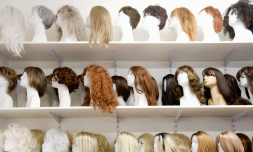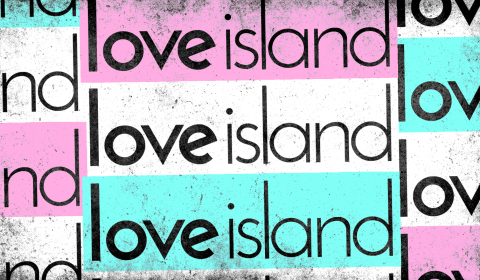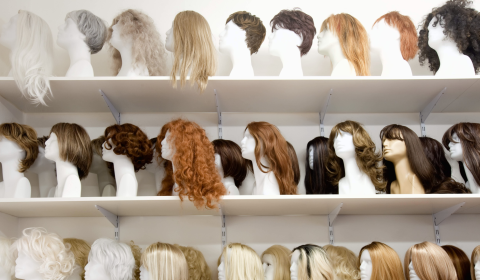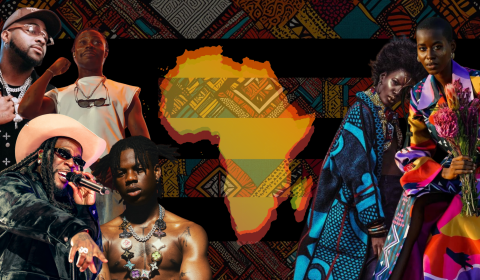Following Reading’s 2020 line-up reveal, The 1975’s Matt Healy has stated that the band won’t play male dominated festivals moving forward.
Reading and Leeds festival announced its 2020 line-up a few days ago, which was met with mixed reactions.
If you’re a guitar fan, or a bloke in his forties desperate to see one half of Oasis sing some lukewarm indie rock, then your ears might perk up at what’s on offer this year. Liam Gallagher, Rage Against The Machine, Two Door Cinema Club, and Courteeners are all billed as top acts, alongside smaller stage performances from Idles, The Hunna, Dermot Kennedy, and Sleeping With Sirens, amongst others. There’s going to be a lot of white dudes running around the main stage, basically.
The line-up got many people excited as it does every year, but was also met with fierce derision on social media, as fans called out the festival for having very few women in its roster. Out of 91 artists, only 20 include women as part of their act. That’s a staggeringly low amount, and prompted debate over the industry’s blatant gender imbalance. One Twitter user took it open themselves to remove all the men from the line up and the result is…well, embarrassing, to put it mildly.
https://twitter.com/lucy_mccourt/status/1227162192434343936?s=20
BBC Radio 1 host Annie Mac took to Twitter to vent her disappointments, describing her ‘disheartenment […] at the blatant lack of want to represent women’. Emma Kelly for the Metro also pointed out that the festival has had a history of leaving women on the side-lines, and that this is actually an improvement on the line-up from five years ago.
Matty Heely from The 1975 described Reading’s choices for 2020 as favouring the ‘Strongbow Dark Fruit community’, vowing to only play at festivals that have an equal gender split in future. It’s an admiral decision for a band as big as his, and it’d be great to see more high profile acts adopt the same approach to put pressure on organisers who overlook female acts.
Really, this male-heavy act setlist is a symptom of a deep rooted issue within the industry. Rock and hip-hop have both historically been focused on male acts since the sixties, prioritising the voices of boisterous men over equally talented women.
For a long time, ‘rock and roll’ was synonymous with misogynistic behaviour and excessive substance abuse. Women were often dismissed in favour of blokes on guitars and its ramifications are still felt today. Festivals in the UK were tailored almost exclusively to this crowd for a long time, having only really adopted acts from more diverse genres in the last decade or so.









